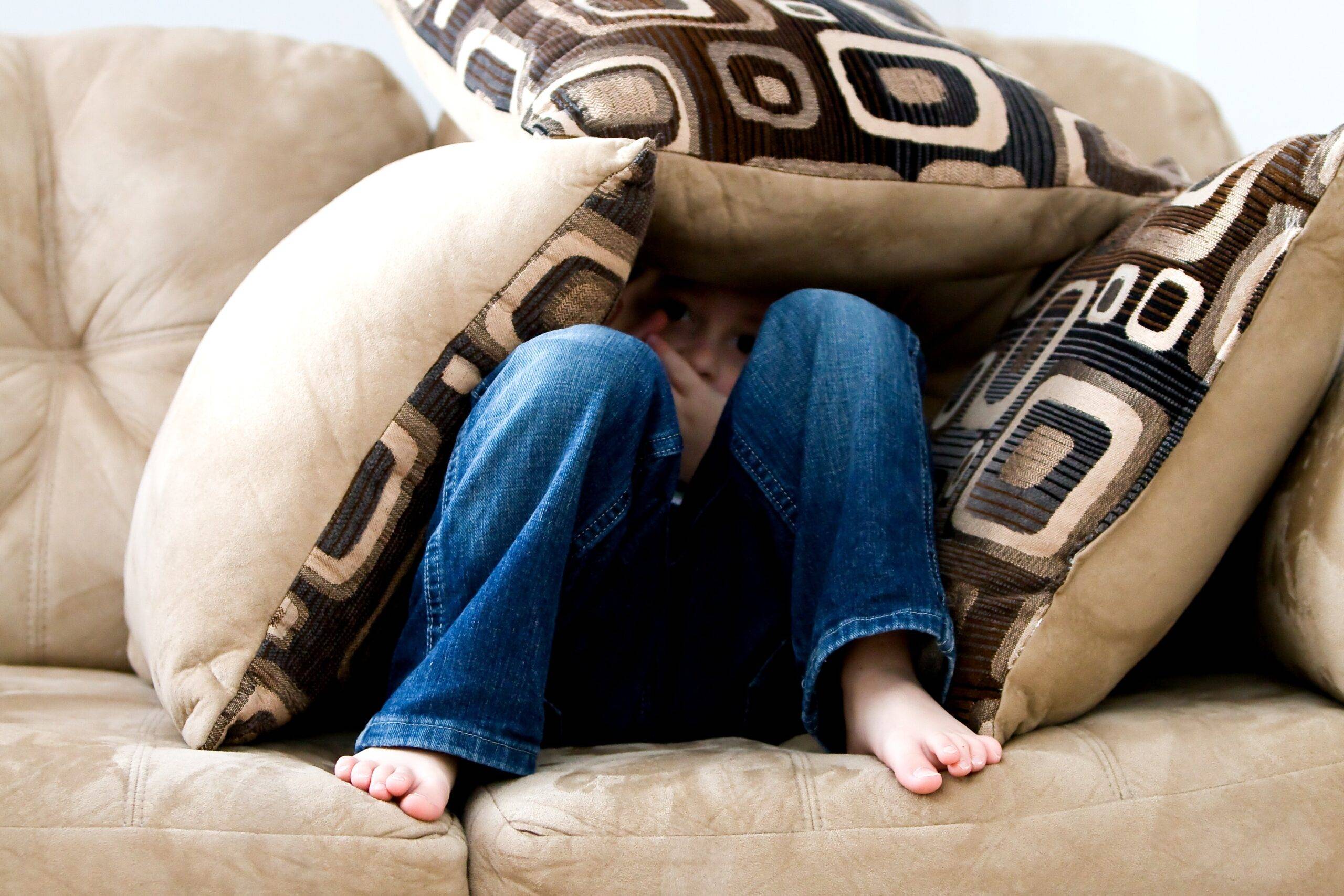Stress is a normal part of child development. However, toxic stress can increase a child’s risk of developing serious emotional, behavioural, and cognitive difficulties. It can also trigger illness. Let’s take a look at exactly how stress can affect the brain of a child.
What is the brain’s role in managing stress?
The brain is responsible for the “fight or flight reaction” and release of stress hormones known as cortisol. Cortisol is the messenger that puts other organs into action. It can be seen as the superpower of the stress response system. Cortisol exists to help the brain think clearly, sending energy to important muscles, and increasing heart rate and breathing.
How excessive stress affects the brain of a child
Young children have limited ability to manage overwhelming stress, and experience increased arousal, which translates to fear and anxiety.
Too much fear and anxiety and boosted cortisol can impact the capacity of children to regulate stress. As a result, they find it very difficult to cope with everyday situations. They may have trouble concentrating, have frequent temper tantrums and experience severe separation anxiety.
Chronic stress can also decrease memory. Children may struggle to remember important information which can lead to poor performance and low confidence.
Additionally, prolonged stress can suppress the immune system, leading to poor health.
How to reduce your child’s stress and anxiety
For children, tension at home is the most common source of stress. Children are often troubled by family conflict or loss, for example. But even happy changes, such as the arrival of a new sibling or moving to a new home can be hard on a child. While many of these situations can’t be avoided, you can help your child manage the stress they are experiencing.
- Promote a quality sleep cycle
- Encourage a sturdy routine
- Talk about their feelings
- Make time for fun and play
- Encourage time spent outside
- Promote problem-solving skills
It’s also important to model healthy coping methods. You can talk to your child about how you think and deal with stressful situations. It’s also essential to help your child combat negative thinking. It can be useful to help them realise that there are always hope and positive sides to every negative situation.
When to seek help
Stress is considered to be problematic when it interferes in a child’s life. Some of the signs that a child needs help with managing stress include:
- Being too anxious to enjoy everyday activities.
- Spending a great amount of time worrying, most days.
- Experiencing physical symptoms that have no medical basis.
Remember, it’s okay to ask for help when you realise that your child is struggling to cope. Speaking to a doctor or psychologist can help to avoid more serious problems arising from excessive stress for your child.




